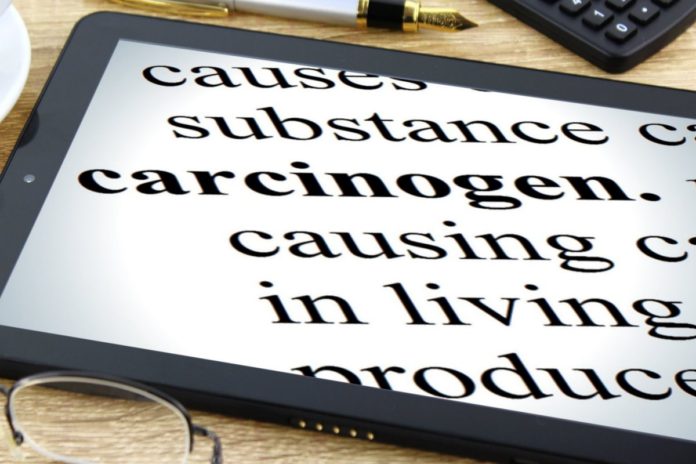Non-steroidal anti-inflammatory drugs, or NSAIDs for short, are one of the most popular medications on the planet. They are primarily used to reduce pain, typically experienced on a mild to moderate level. The next most common application of these drugs, which are headlined by the likes of ibuprofen, naproxen, aspirin, and acetaminophen, is to reduce swelling and inflammation.
Further, low doses of these drugs can even be used to improve the treatment outcomes of patients who suffer from cardiovascular problems. Low doses of aspirin, in particular, on a daily basis, has long been proven to reduce the chance of heart attacks, which are often fatal to people who sustain them, as heart attacks usually strike people who are well into the latter portions of their lives.
Although we only think of four drugs belonging to the class of non-steroidal anti-inflammatory drugs – the four mentioned above – there are actually about two dozen drugs that fit the bill of NSAIDs.
Acetaminophen has long been the most popular non-steroidal anti-inflammatory drug. It’s known by various brand names depending on what country it’s being sold in. Some of these brand names include Tylenol, which is used in the United States and Canada, and Paracetamol, which is common in the United Kingdom and some other places in Europe. You may find that acetaminophen is also referred to as APAP. This name is typically reserved for prescription medications made up of acetaminophen and another drug or two – one of the most popular of these combinations is that of hydrocodone/APAP, which held the title as the single most popular prescription drug in the United States.
California is widely known as considering virtually everything a carcinogen, or a substance that has either been proven or is thought to cause cancer. In order for products that contain either confirmed or suspected carcinogens throughout the Golden State, manufacturers are forced to slap a government-mandated label on their packaging to be considered golden in the eyes of the state’s regulatory bodies.
Acetaminophen may soon be considered a carcinogen by the state of California. For 65 years and counting, Americans have been able to purchase Tylenol without a prescription. Currently, APAP is used to form over 600 combo prescription medications.
Regulators in the Golden State have conducted a meta-analysis of 133 studies that gauged the carcinogenic properties of acetaminophen and they haven’t come up with a definite link. Either way, look out for APAP to be called a carcinogen in California within the next year or two – just maybe, at least.



